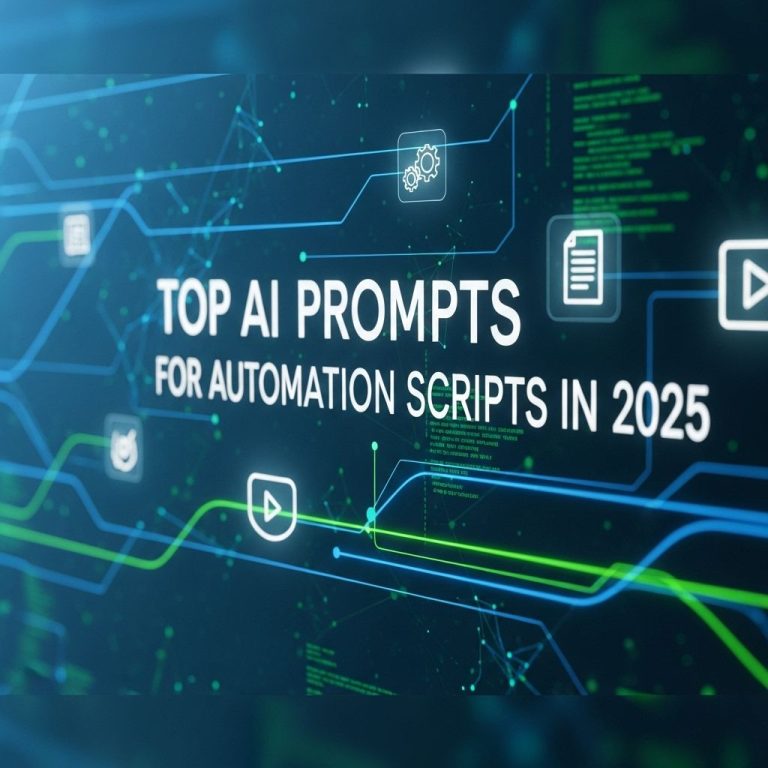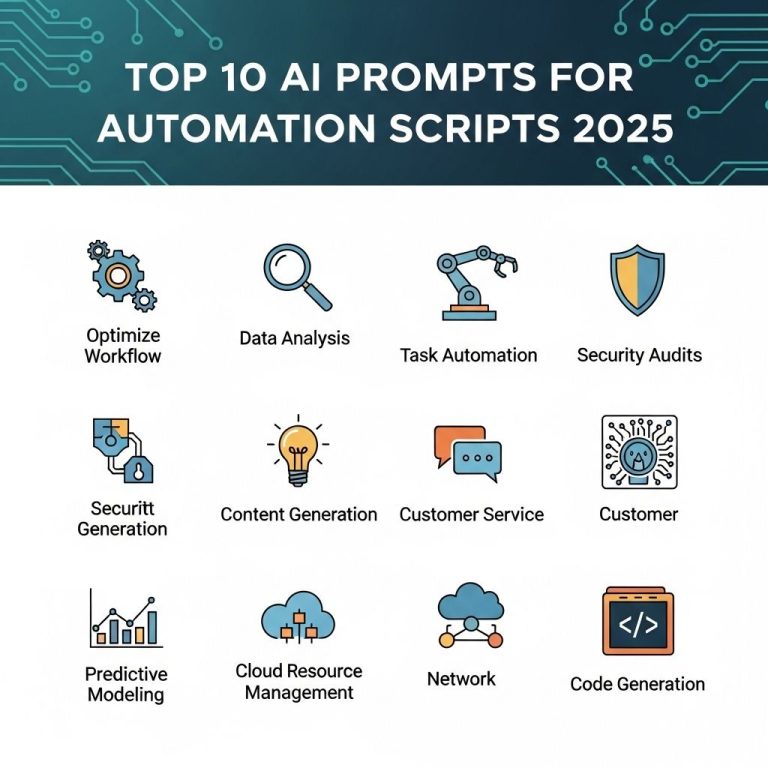As we continue to advance into the digital landscape of the 2020s, the evolution of AI search engines presents a profound transformation in how we access and interact with information. This article delves into the intricacies and implications of AI-driven search technologies, providing insights into their development, functionality, and potential impact on various sectors.
Understanding AI Search Engines
AI search engines leverage machine learning algorithms and natural language processing (NLP) to enhance the search experience. Unlike traditional search engines that rely solely on keyword matching, AI search engines interpret user queries more contextually, delivering personalized and relevant search results. They analyze user behavior, preferences, and even emotions to provide a superior search experience.
Key Features of AI Search Engines
- Contextual Understanding: AI search engines can discern the intent behind search queries through advanced NLP.
- Personalization: Results are tailored based on user history and preferences, increasing relevance.
- Voice Search Capability: Integration of voice recognition allows users to perform searches using natural language.
- Visual Search: Users can search using images rather than text, making it easier to find visual content.
- Multimodal Search: Combines text, voice, and visual inputs for a comprehensive search experience.
The Technology Behind AI Search Engines
At the heart of AI search engines lies a combination of various technologies that work together to create a seamless user experience. Here’s a closer look at the core technologies powering these advanced systems:
Machine Learning Algorithms
Machine learning algorithms are central to AI search engines. They enable the system to learn from user interactions, continuously improving the accuracy and relevancy of search results. Common algorithms involved include:
- Supervised Learning: Models are trained on labeled datasets, allowing the search engine to predict outcomes based on input data.
- Unsupervised Learning: The system identifies patterns and relationships in data without specific labels, enhancing its understanding of user intents.
- Reinforcement Learning: The system learns optimal behaviors through trial and error, improving its capability to serve better results over time.
Natural Language Processing
NLP enables AI search engines to process and interpret human language, making searches more intuitive. Techniques include:
- Tokenization: Breaking down text into individual words or phrases for analysis.
- Sentiment Analysis: Understanding the sentiment behind user queries to tailor results accordingly.
- Entity Recognition: Identifying and classifying key entities in user queries, such as people, places, and organizations.
The Impact of AI Search Engines on Various Sectors
As AI search engines become more prevalent, their influence spans across numerous industries, reshaping the way businesses operate and connect with their customers.
Healthcare
In the healthcare sector, AI search engines facilitate quick access to extensive medical databases, enabling healthcare professionals to:
- Locate relevant research articles and clinical studies.
- Access patient data efficiently.
- Stay updated on the latest medical advancements.
Education
AI search engines offer personalized learning experiences for students, adapting resources based on individual learning paths. They assist educators in:
- Finding teaching resources tailored to specific curricula.
- Analyzing student performance data.
- Enhancing engagement through multimedia content.
Retail
In retail, AI search engines optimize the shopping experience, allowing customers to find products quickly and easily. Benefits include:
- Personalized product recommendations.
- Improved inventory management using search data.
- Enhanced customer support through chatbots powered by AI.
Challenges and Considerations
Despite the numerous advantages, the rise of AI search engines does present challenges that need to be addressed:
Data Privacy
The use of personal data for enhancing search experiences raises significant privacy concerns. Companies must ensure:
- Compliance with data protection regulations.
- Transparency in data usage.
- Effective mechanisms for user data control.
Bias in Algorithms
AI systems can inadvertently perpetuate biases present in training data, leading to skewed results. Understanding and mitigating bias is essential for equitable outcomes.
Future Trends in AI Search Engines
Looking ahead, several trends are likely to shape the future of AI search engines:
Increased Integration with Augmented Reality (AR)
As AR technology advances, integrating AI search engines into AR applications could revolutionize the way users interact with their environment, providing contextual information seamlessly.
Enhanced Multilingual Capabilities
AI search engines will increasingly support multilingual queries, enabling users from diverse linguistic backgrounds to access information effortlessly.
Focus on Ethical AI
There will be a growing emphasis on ethical AI practices, focusing on minimizing bias and enhancing transparency in how AI systems operate.
Conclusion
AI search engines are set to redefine our interaction with digital information, pushing the boundaries of what is possible in search technology. As these engines become more sophisticated, it is essential for developers, businesses, and users to navigate the challenges and leverage the opportunities presented by this transformative technology. Embracing AI search engines not only enhances efficiency but also opens up new avenues for innovation across various sectors.
FAQ
What are AI search engines and how do they work?
AI search engines utilize artificial intelligence to analyze and understand user queries, providing more accurate and relevant search results than traditional search engines.
What advancements can we expect in AI search engines by 2025?
By 2025, we can expect AI search engines to feature improved natural language processing, enhanced contextual understanding, and personalized search experiences based on user behavior.
How do AI search engines impact digital marketing strategies?
AI search engines change digital marketing by prioritizing high-quality, relevant content and user engagement, making SEO practices more focused on user intent and experience.
What role does machine learning play in AI search engines?
Machine learning enables AI search engines to learn from user interactions, continually improving their algorithms to deliver more precise search results over time.
Are there privacy concerns with AI search engines?
Yes, privacy concerns exist as AI search engines often require access to user data to personalize results, raising questions about data security and user consent.
How can businesses prepare for the future of AI search engines?
Businesses can prepare by optimizing their websites for voice search, focusing on quality content, and understanding their audience’s needs to align with AI search engine algorithms.




